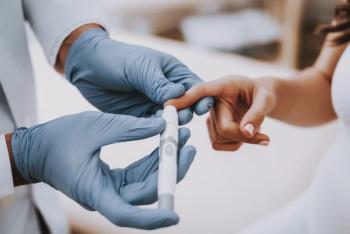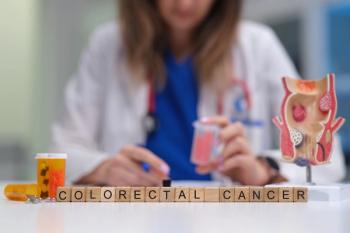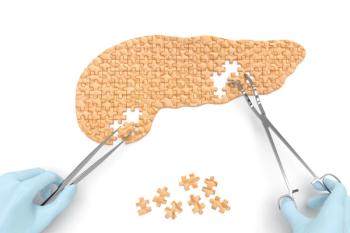
- Drug Topics September 2021
- Volume 165
- Issue 9
Acne Treatment Meets End Points in Study
IDP-126, an acne vulgaris treatment for patients ages 9 and older, met all of its endpoints in a 12-week phase 3 study.
Ortho Dermatologics, a Bausch Health Company, announced results from its second phase 3 trial investigating the safety and efficacy of IDP-126 for the treatment of acnevulgaris in patients 9 years and older. All coprimary end points were met by week 12 in the phase 3, multicenter, randomized, double-blind, vehicle-controlled trial.
The end points were the absolute changes from baseline in inflammatory lesion count and noninflammatory lesion count, and the percentage of patients who achieved treatment success. Treatment success was defined as clear or almost clear skin in the Evaluator’s Global Severity Score (EGSS).
“If approved, IDP-126 will provide the first triple combination treatment option to help patients with acne,” said Scott Hirsch, president of Ortho Dermatologics, and senior vice president and chief strategy officer of Bausch Health, Laval, Quebec, Canada.
Results from the study were based on 193 patients, age 9 years and older. Just over half of patients in the IDP-126 arm achieved EGSS clear or almost clear skin, compared with 20.5% of patients in the vehicle arm. Some patients achieved benefits from treatment as early as 2 weeks.
“The [strong efficacy] results of this second phase 3 study are consistent with results seen in the first phase 3 study,” said Linda Stein Gold, MD, director of dermatology clinical research of the Henry Ford Health System in Detroit, Michigan.
If approved, IDP-126 would be the first treatment that is a combination retinoid, antibacterial, and antibiotic topical.1
Reference:
1. Marks K. Ortho Dermatologics announces statistically significant topline results from second pivotal phase 3 clinical trial evaluating idp-126 gel in acne vulgaris. Published online April 27, 2021.
Articles in this issue
over 4 years ago
Selling CBD in the Pharmacyover 4 years ago
Build a Successful Hospital Pharmacy Analytics Programover 4 years ago
Why Pharmacists Are Stressed Out, and How to Improve Self-careover 4 years ago
Getting Patients Immunized Against Pneumonia Is Importantover 4 years ago
CBD Legislation Remains in Limboover 4 years ago
Boosting Confidence in CBD Counselingover 4 years ago
Artificial Intelligence Has Come in Wavesover 4 years ago
Ovarian Cancer Treatment Update and Pharmacists' Roleover 4 years ago
Biden Pushes for Lower Drug Prices in an Executive OrderNewsletter
Pharmacy practice is always changing. Stay ahead of the curve with the Drug Topics newsletter and get the latest drug information, industry trends, and patient care tips.























